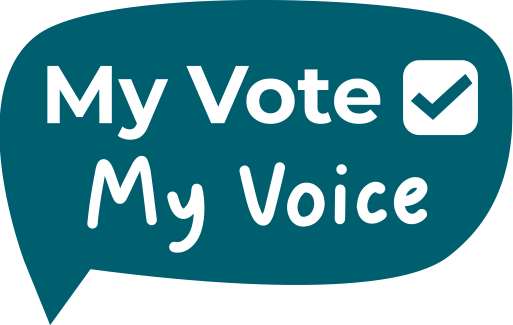“Is my son’s vote worth a reply?”

Like many 20 year olds, the General Election in December was Jack’s first opportunity to vote.
On a visit to Jack last year, I was inspired by Assistant Locality Manager Lilly* who told me that she was going to register Jack and his housemate to vote.
I decided to approach each of the five candidates in his constituency….I titled my email ‘Is my son’s vote worth a reply?’ It worked.
I was excited that Jack could have his say and started to think about how we could make it work. At school Jack was an elected representative of the school council, so he understood a bit about voting.
I decided to approach each of the five candidates in his constituency directly. Despite my best efforts I could only find contact details for four.
I wanted to be provocative so I titled my email ‘Is my son’s vote worth a reply?’ It worked.
Over the next couple of weeks I received replies from each of the candidates.
They ranged from an email with simply a link to the party’s online easy read manifesto, to a letter revealing a personal experience of a family member with autism, to posters and badges.
I had to reply to the last to say that I couldn’t say who my son would vote for, or that their posters would go in his window!
Once I had my replies Jack and I sat down to go through them. I decided to only explain the areas that I felt would be important to him, I didn’t want to overload him.
So in a non-discriminatory way, I explained each candidate’s policies on the issues that that would be priorities in his life. Jack made his decision, ultimately choosing a different party to the one I would vote for – I feel I played my impartial advisor role well.
12th December, polling day arrived
We were unsure how it would go, so, armed with the Voting Passport, I went to his Polling Station in the afternoon. I explained to the tellers that we would be returning with our son in the evening. When the teller saw how prepared I was he agreed that we could support Jack.
Jack was excited, he was proud to be able to do the same thing as his Mum and Dad.
This act [voting] is something so many take for granted, but it brought great pride to my son.
In the evening Jack, his support worker, Mary (Jack’s Mum) and I, set off on our voting experience.
The people at the polling station were very welcoming.
As a reasonable adjustment I was allowed to accompany Jack into the booth. Jack was unable to read the names but with my help he could recognise the logo of his chosen candidate. Jack was delighted to place a mark next to his candidate and then to post the paper into the box.
This act is something so many take for granted, but it brought great pride to my son.
When the results came in I had to explain to Jack that his candidate wasn’t successful this time.
But it didn’t matter to Jack, who has already asked “When can I do it again?” – We’re looking forward to the local elections in May!
I am hugely grateful to Lilly*, and I can’t thank her enough, without whom Jack wouldn’t have had this very normal experience, which has meant so much to us all.
*anonymised
